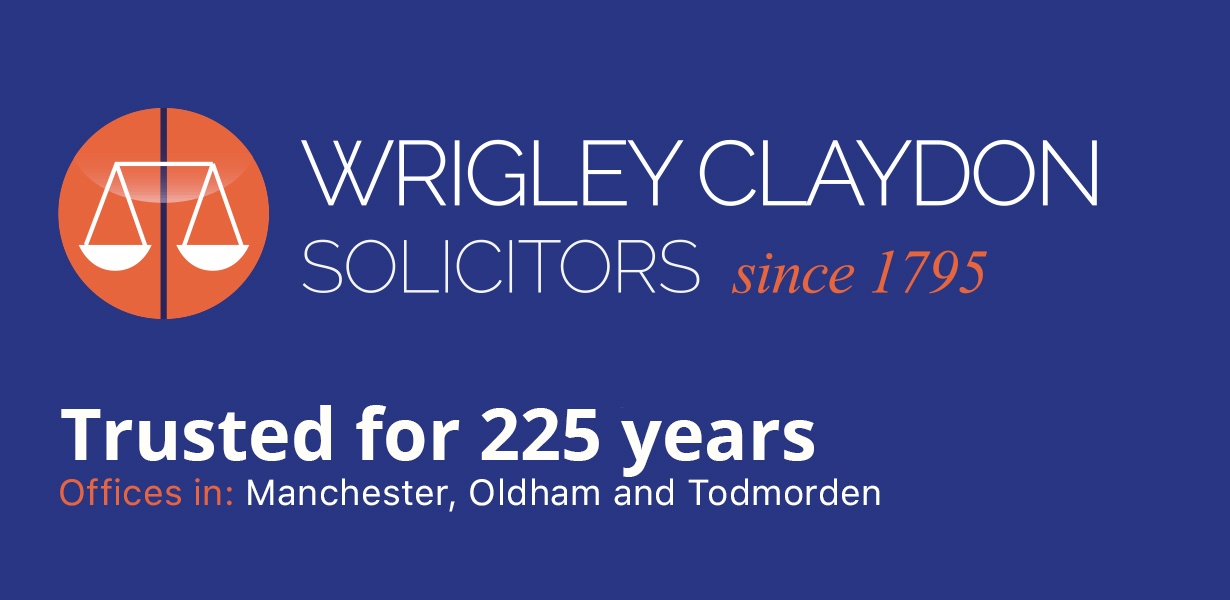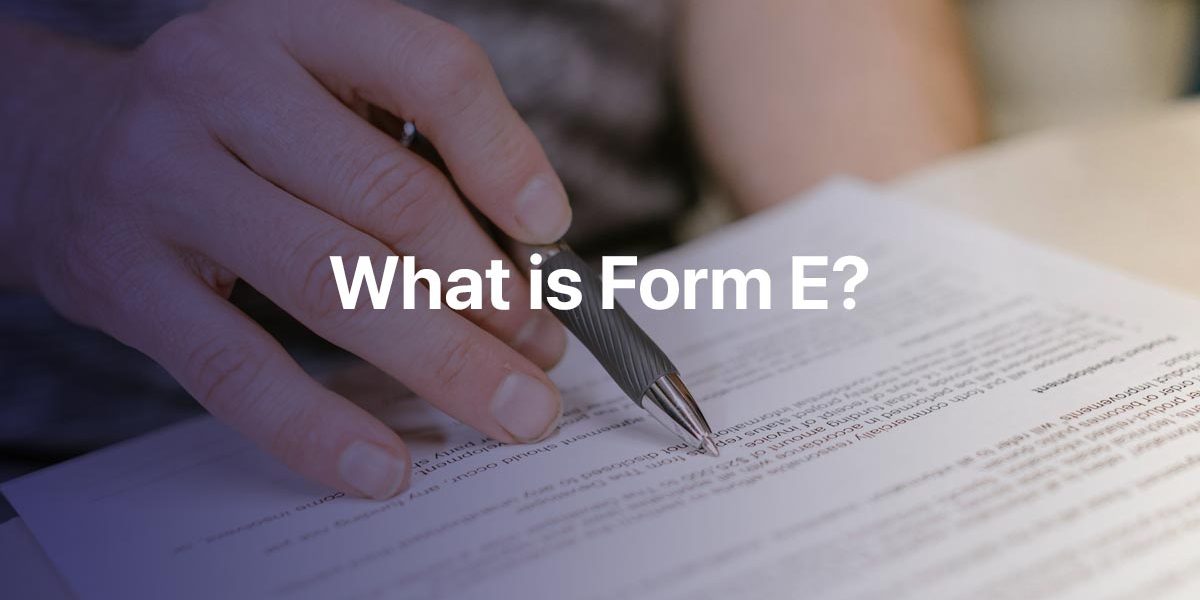The following two tabs change content below.


Zahra Ali
Zahra is a Paralegal in the Family Department and assists the Head of the Department with various aspects of divorce and financial settlement cases.
Latest posts by Zahra Ali (see all)
- What is a Form E? - 18th April 2024
- [Free Download] Why you should consider creating a living together agreement if you’re purchasing a property together - 19th March 2024
- Mediation vs. Litigation in Family Law - 3rd March 2024
- Is it not a 50/50 split? - 3rd January 2024
- What documents should I gather before seeing my solicitor when seeking a financial settlement? - 3rd January 2024








